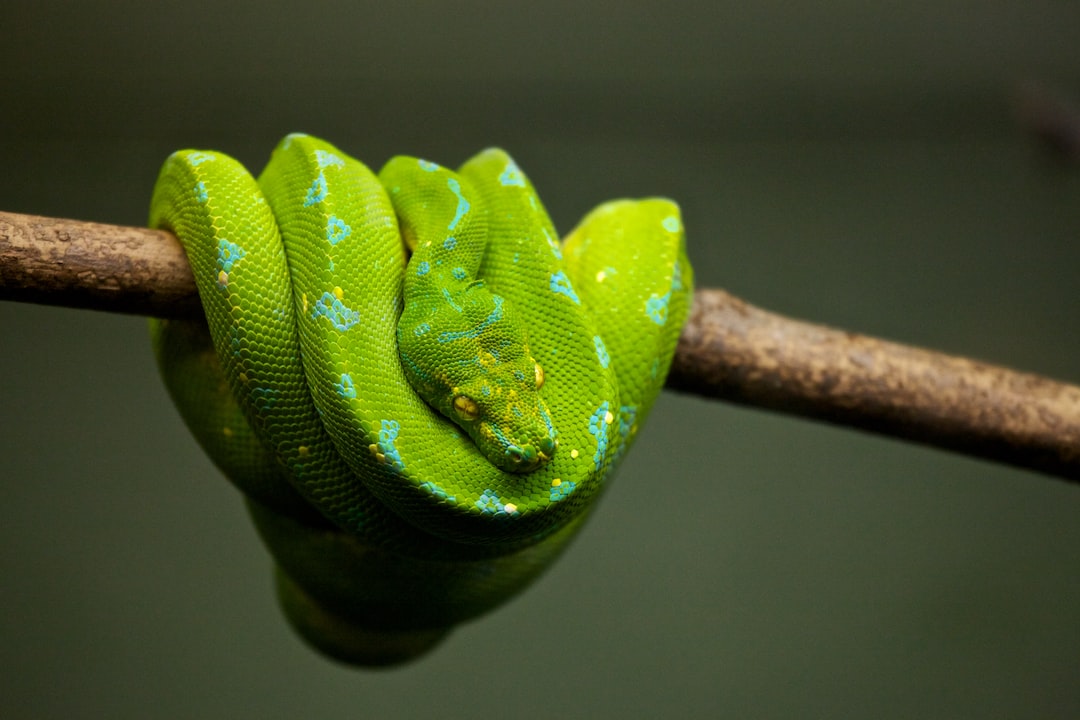The Ethical Debate: Keeping Animals in Captivity
The topic of keeping animals in captivity has sparked a heated ethical debate among animal rights activists, conservationists, and the general public. While some people argue that zoos and other forms of captivity play a crucial role in preserving endangered species, others contend that it is inherently cruel and goes against the natural rights of animals. In this article, we will explore both sides of the argument and contemplate the ethical implications of keeping animals in captivity.
Proponents of keeping animals in captivity argue that it is a necessary evil for the purpose of conservation. Zoos and wildlife reserves provide a controlled environment where endangered species can be protected and bred, thus potentially saving them from extinction. These captive breeding programs have been successful in reviving species such as the California condor and the Arabian oryx. Moreover, zoos often serve as educational institutions, teaching visitors about various species and their habitats, promoting awareness and conservation efforts.
Another argument for captivity is that it allows experts to study and better understand different species, leading to advancements in veterinary medicine and wildlife conservation. By closely observing animals in captivity, researchers can gain valuable insights that can contribute to the overall understanding of these species and their needs. Such knowledge is crucial in developing effective conservation strategies and ensuring the survival of endangered animals in the wild.
However, critics argue that keeping animals in captivity denies them their fundamental rights. Animals are forced to live in confined spaces that restrict their natural behaviors and prevent them from engaging in instinctual activities such as hunting or roaming vast territories. This lack of freedom can lead to stress, depression, and other mental and physical health issues for captive animals. Advocates for animal rights argue that animals should be treated as sentient beings with their own rights and freedoms, rather than objects to be observed and studied.
Moreover, the argument against captivity also highlights the sometimes-poor conditions in which animals are kept. Despite advancements in enclosure design, many zoos still struggle to provide adequate living conditions for their captives, leading to concerns about animal welfare. Limited space, unnatural diets, and the lack of social interaction can all contribute to the physical and psychological suffering of captive animals.
Another aspect of the ethical debate revolves around the exploitation of animals for entertainment purposes. Animals in captivity are often used for shows, rides, or other forms of entertainment, raising questions about their well-being and dignity. Critics argue that these practices reduce animals to mere objects of amusement, disregarding their inherent worth and autonomy.
Finding a middle ground in this debate presents a challenge. While captivity can be seen as an effective tool for conservation and education, it must be carried out with the utmost consideration for animal welfare. The focus should shift towards providing the best possible living conditions for captive animals, allowing them the space, enrichment, and social contact that is essential to their well-being.
Furthermore, it is crucial to support efforts to preserve and protect natural habitats, ultimately reducing the need for captivity altogether. By addressing the root causes of endangerment, such as deforestation, pollution, and illegal poaching, we can help secure the future of endangered species without relying solely on captivity.
In conclusion, the ethical debate surrounding the captivity of animals is complex and multifaceted. While it is undeniable that captivity has played a part in preserving endangered species and educating the public, the welfare of captive animals remains a pressing concern. Striking a balance between conservation efforts and animal rights is the key to addressing this ethical dilemma. By focusing on providing the best possible living conditions for captive animals and prioritizing the protection and preservation of natural habitats, we can work towards a future where captivity is no longer necessary for the survival of species.

